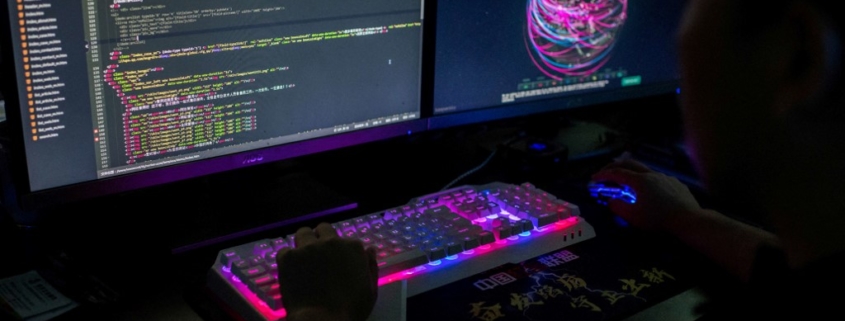Governor Hutchinson’s Weekly Address | Taking Arkansas’s Computer Science Education Initiative to the Nation : Arkansas Governor Asa Hutchinson
10.01.2021
Governor Hutchinson’s Weekly Address | Taking Arkansas’s Computer Science Education Initiative to the Nation
Governor Hutchinson’s weekly radio address can be found in MP3 format and downloaded HERE.
LITTLE ROCK – I became chair of the National Governors Association in July, and today I’d like to talk about this as an opportunity for Arkansas to inspire other states with our focus on computer science education.
Each chair of the NGA is allowed to launch a Chairman’s Initiative. Today at the National Press Club in Washington, I announced that during my year as Chair, I will showcase Arkansas’s successful computer science education initiative as a model for others.
NGA’s tradition of bringing governors together dates back to 1908 when President Teddy Roosevelt invited governors to Washington to discuss conservation issues.
President Roosevelt knew that to improve conservation practices in the United States, he needed the support of the governors. In the same fashion, Arkansas has the chance to increase our leadership role in computer science education.
As we emerge from the pandemic, governors are concerned about the shortage of employees. This was the perfect opportunity to share with others what we have learned about strengthening the workforce with a robust computer science education foundation.
The Bureau of Labor Statistics predicts that by 2029, the number of computer science and information technology jobs will grow by 11 percent. Computing occupations are currently the top source of new wages in the United States. A computer science major can earn up to 40 percent more than the average college graduate.
There are over 410,000 open computing jobs nationwide, and there aren’t enough qualified people to fill the jobs. The global competition for talent is intensifying, which is why it is so important for the United States to step up computer science education. If Arkansas companies can’t fill their openings with homegrown talent, they will recruit elsewhere. The story is the same nationally.
Computer science courses are mandatory for…





